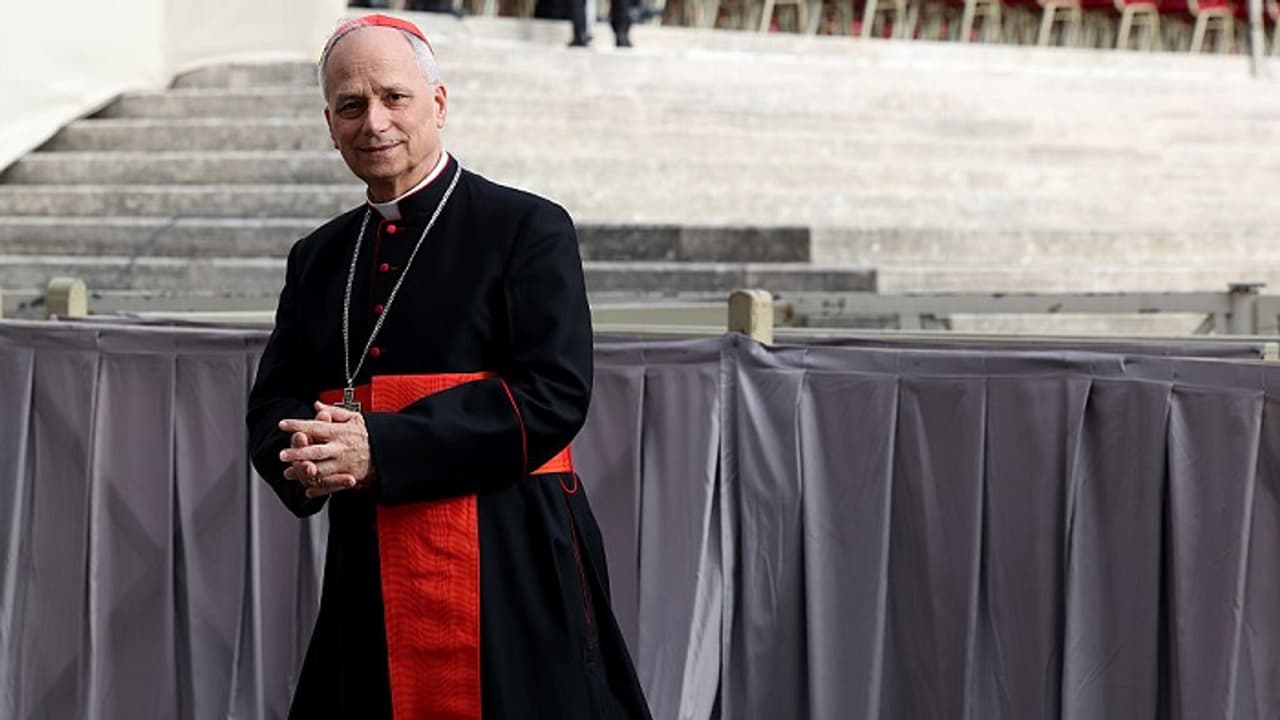Cardinal Prevost, 69, becomes the first American to ascend to the papacy in the Church’s 2,000-year history.
In a historic moment for the Roman Catholic Church, American-born Cardinal Robert Prevost has been elected as the new pope, taking the name Pope Leo XIV. The announcement came Thursday afternoon as thick white smoke rose from the chimney of the Sistine Chapel, signalling that the College of Cardinals had reached a two-thirds majority in the secretive papal conclave.

The election follows the death of Pope Francis last month at the age of 88, marking the end of a transformative papacy that championed social justice, climate action, and inclusion. Francis, born Jorge Mario Bergoglio in Argentina, served as the 266th pontiff and was the first pope from the Americas.
Cardinal Prevost, 69, becomes the first American to ascend to the papacy in the Church’s 2,000-year history. His election represents a notable shift in Vatican leadership and could signal a continuation—or a recalibration—of some of the reforms introduced under Francis.
A former missionary in Peru and a seasoned administrator, Pope Leo XIV is known for his moderate views and pastoral sensitivity. Before his elevation, he served as the prefect for the Dicastery for Bishops, effectively overseeing the selection of bishops around the world. He brings to the role deep experience in managing Church affairs and a reputation for building bridges across theological divides.
The College of Cardinals, made up of 133 eligible voting members, was largely appointed by Francis himself—about 80% of them—which had led to widespread speculation that his successor would be someone aligned with his progressive vision. Still, the outcome of a conclave remains famously unpredictable.
Among the frontrunners ahead of the vote was Cardinal Pietro Parolin, the Vatican’s secretary of state and a skilled diplomat. While Parolin presided over the conclave and was seen as a savvy global statesman, some in the Church hierarchy felt he lacked the pastoral charisma that the role of pope demands.
Observers say the selection of Pope Leo XIV could represent a balance between continuity and cautious reform. While not as publicly outspoken as his predecessor, Prevost is expected to uphold many of Francis’s priorities while possibly shifting emphasis toward pastoral care and internal Church governance.


